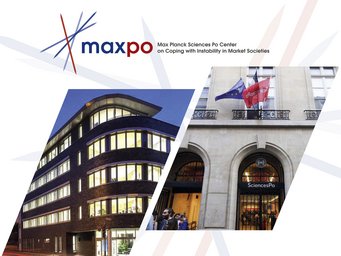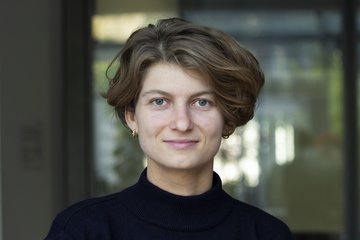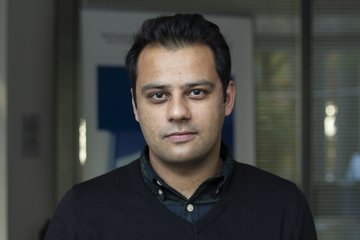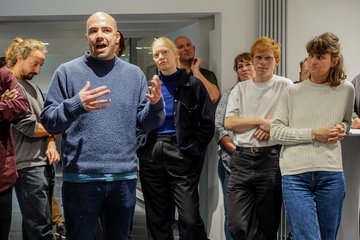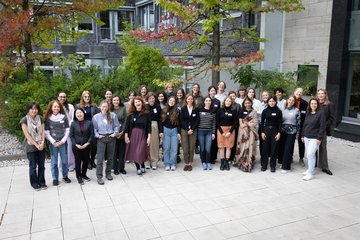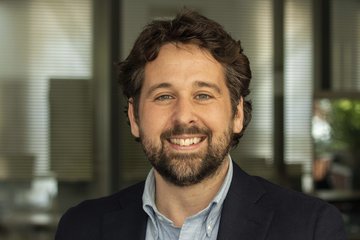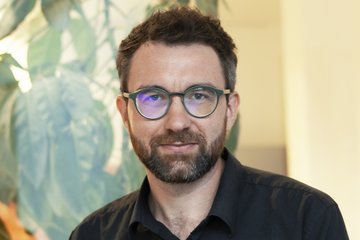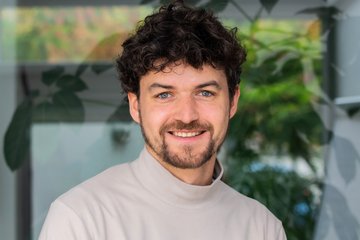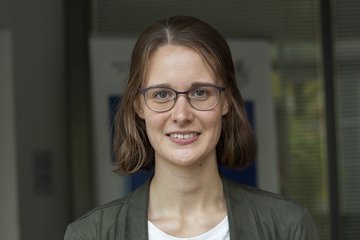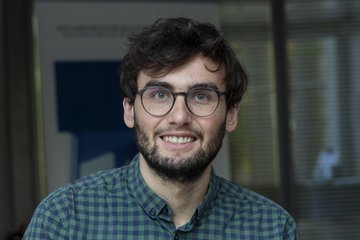The MaxPo Effect
MaxPo – a Franco-German research center looks back on ten successful years advancing discourse and building international networks in the social sciences.
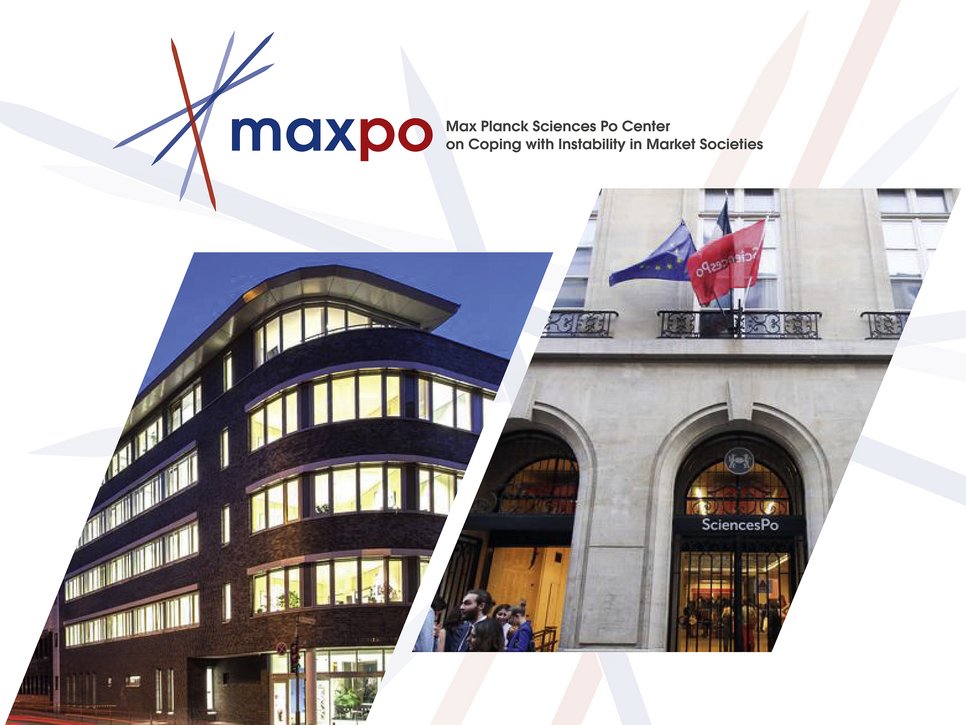
The Max Planck Sciences Po Center on Coping with Instability in Market Societies (MaxPo) in Paris is holding a joint anniversary and closing conference on October 21, 2022, to mark the conclusion of ten years of successful research. Since it was launched in 2012, the Center has promoted scholarly exchange and cooperation in political economy and economic sociology between Sciences Po in Paris and the Max Planck Institute for the Study of Societies (MPIfG) in Cologne. A part of MaxPo’s mission was to raise the visibility and profile of European social sciences and to build stronger connections between excellent social scientists at all levels, from doctoral researchers to renowned professors, worldwide.
Both Sciences Po and the MPIfG have benefited from the “MaxPo effect.” The Center’s own work and the work it has inspired have helped to strengthen the two partner institutions’ international reputation as leading lights in political economy and economic sociology in Europe. It has made possible an intensive, direct dialogue that has been instrumental in building a tightly knit network between a new generation of scholars from many parts of the world and researchers at the MPIfG and Sciences Po. This is a central, long-term investment that has exceptionally positive implications for future projects and cooperation in economic sociology and political economy.
Research in the vibrant and international environment of the MaxPo Center has explored the effects of increasing liberalization, technological advancements, and cultural change on Western industrial societies. Working in interdisciplinary teams, researchers from the social and political sciences, history, economics, and law have sought to understand, among other things, how a society organizes itself in the face of increasingly volatile financial markets. Their work, organized around six research groups, explores structures of order, the concentration of economic power and changing relations between firms and governments, the role of financialization in social and economic inequalities, and how projections of the future influence current political processes.
MaxPo has a number of special features that have contributed to its success. An already established and successful collaborative relationship between Sciences Po and the MPIfG meant that the Center could quickly become a hub in its field for disseminating research results directly to the international community. Some of the most interesting approaches in economic sociology and political economy research have been explored in Paris, and they have defined MaxPo’s work. International in outlook and approach, and with English as its primary working language, the Center has offered scholars from all over the world access to social science research in continental Europe. This same openness and accessibility have given European researchers the opportunity to engage actively and be part of important international debates with their work. Jenny Andersson, Marion Fourcade, Olivier Godechot, and Cornelia Woll, the four researchers who have led MaxPo over the past ten years, have themselves played no small role in building the outstanding reputation and worldwide recognition of this innovative research center.
The October 21 conference marks both MaxPo’s tenth anniversary and the successful conclusion of its work. It will be an opportunity to reflect upon the research of the past ten years and a forum for discussion with researchers working internationally on related issues. It is possible to participate via Zoom.
The partner institutions will work together in the coming years and continue their tradition of international scholarly dialogue and exchange with joint conferences, workshops, and seminars in Cologne and Paris.
Background – MaxPo and the idea behind Max Planck Centers
The Max Planck Sciences Po Center on Coping with Instability in Market Societies (MaxPo) was established as a Franco-German research center in 2012 between the Max Planck Society and Sciences Po on the initiative of the Max Planck Institute for the Study of Societies (MPIfG), Cologne. Sciences Po in Paris is among the world’s most highly respected universities in the social sciences. The MPIfG is one of the largest social science research institutes in Germany and has an outstanding international reputation in its field.
Max Planck Centers are founded between the Max Planck Society and a partner institution abroad to support and advance international cooperation. They are based on a peer-reviewed research agenda and have an initial term of five years, with a one-time extension option. Their objective is to provide a platform on which the partner institutions can add value in their research by combining complementary expertise and methods. The Max Planck Centers facilitate exchange between early career researchers, hold joint events such as workshops, conferences, and seminars, and offer training and development opportunities for doctoral students and postdocs.
MaxPo is funded by both partners, Sciences Po and the Max Planck Society. Each contributes one half of the average annual budget of 600,000 euros, agreed for the duration of the partnership. In November 2012, Sciences Po was awarded a two-million-euro endowment by the AXA Research Fund for a Chair in Market Sociology.
